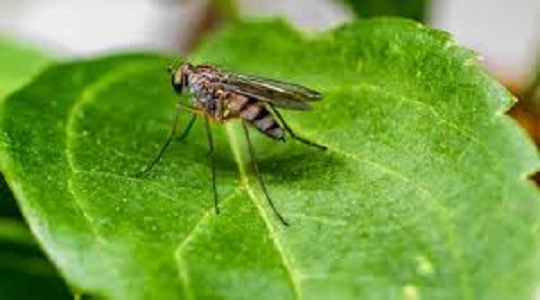Climate Change May Affect Malaria Transmission, New Study


Future changes in the climate may affect Malaria transmission in Africa, according to a new study led by researchers at the Universities of Leeds and Lincoln.
Malaria is a climate-sensitive disease in that it thrives in areas that are warm and wet enough to provide a suitable breeding environment for the mosquitoes.
In order to assess the impact that climate change will have on Malaria, the researchers combined a Malaria climatic suitability model with a real-world analysis of the processes of evaporation, infiltration and flow through rivers.
When the researchers looked at future climate scenarios, they found that there are emerging changes in terms of which areas will be suitable for the mosquitos.
They found that areas across southern Africa that were previously unsuitable for the mosquitos were changing.
In comparison, projected decreases in malaria suitable areas across West Africa are more pronounced. The largest difference was projected to be in South Sudan, where the researchers have estimated a substantial decrease in malaria suitability in the future.
Study lead author Dr Mark Smith, from the School of Geography at Leeds, said: ‘Since the huge efforts to eradicate malaria from parts of the world, the areas where we observe malaria today are only a part of the total area that would otherwise be suitable for malaria transmission.
‘But if we are to project the impact of climate change on the geography of malaria transmission, we need to develop more sophisticated ways of representing that envelope of malaria suitability both today and in the future.
‘Our approach aims to layout the environmental risks of malaria more clearly so that projections of climate change impacts can help inform public health interventions and support vulnerable communities.
‘But this is only a first step, there is a lot more we can do to embed state-of-the-art hydrological and flood models into estimates of malaria environmental suitability and, potentially, even early warning systems of local malaria epidemics.’
